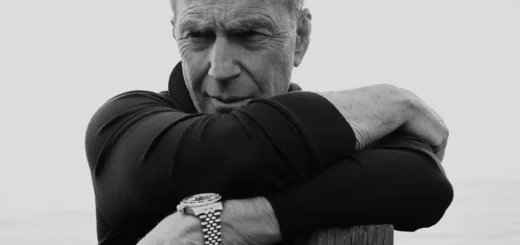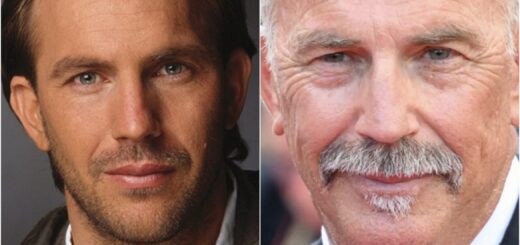The John Wayne Movie That Changed Kevin Costner Forever
If you’re lucky enough to interview a great filmmaker—or simply find yourself sharing a moment with one—you can make that encounter memorable by asking a simple, powerful question: What movie made you fall in love with cinema? Right now, this question almost always gets a sincere answer. It might not be the case in the future, when creators raised on quick-hit content for TikTok and smartphones craft art meant to be consumed in seconds. But for now, most of your favorite directors trace their passion back to sitting in a dark theater—that memory as vivid and immediate as their first kiss (but don’t ask them about that).
Take Steven Spielberg, who often credits Cecil B. DeMille’s The Greatest Show on Earth as his inspiration. Or David Cronenberg, who recalls the profound impact Bambihad on his young mind. Asking this question is like a secret handshake among movie lovers.
If you already know the answer (Spielberg, for example), tailor your question to their career. When I spoke with Tom Hanks, I nudged him toward Anthony Mann’s Westerns with James Stewart—Hanks often compared to Stewart—and he named Winchester ‘73. Last summer, when I had the chance to talk to Kevin Costner about Horizon: An American Saga – Chapter 1, I asked him about the film that made him fall in love with Westerns—not his favorite Western, but the one he likely saw in theaters as a kid that sparked his passion. Had I done my homework, I would have known he’d already shared that answer—and that it was a lesser-known John Wayne film.
How How the West Was Won Captured Kevin Costner’s Imagination
Costner was asked when he first fell in love with the West. His answer came without hesitation:
“When I was 7, I saw How the West Was Won at the Cinerama Dome in Hollywood. One of the first images was Jimmy Stewart paddling a birch-bark canoe across a perfectly still lake—like glass. At that moment, I knew who I was. When he pulled that canoe onto a beach and saw a group of exotic-looking people, I thought, ‘I want to know who they are. I want to live in that world.’”
That moment left such a mark that Costner spent much of his childhood carving three canoes between the ages of seven and eighteen, dreaming of paddling down the rivers explored by Lewis and Clark. “I wanted to explore an America that felt like the Garden of Eden,” he says.
On screen, Costner began his own journey into the West with Silverado (1985) and has since navigated the genre through Dances with Wolves, Wyatt Earp (which he produced), The Postman, Open Range, Let Him Go, and now the Horizon films. I’ve watched How the West Was Won at the Cinerama Dome myself. While it might be more of a historic cinematic artifact than a gripping film—featuring Wayne as Union General William “Tecumseh” Sherman—I can only imagine how magical it must have felt to experience it there as a child in the 1960s.
For millennials, this was Costner’s Jurassic Park moment. Now that you know this, if you ever get to speak with him, maybe skip the Western talk and ask about his favorite paranoid thriller instead. Good luck with that one.


